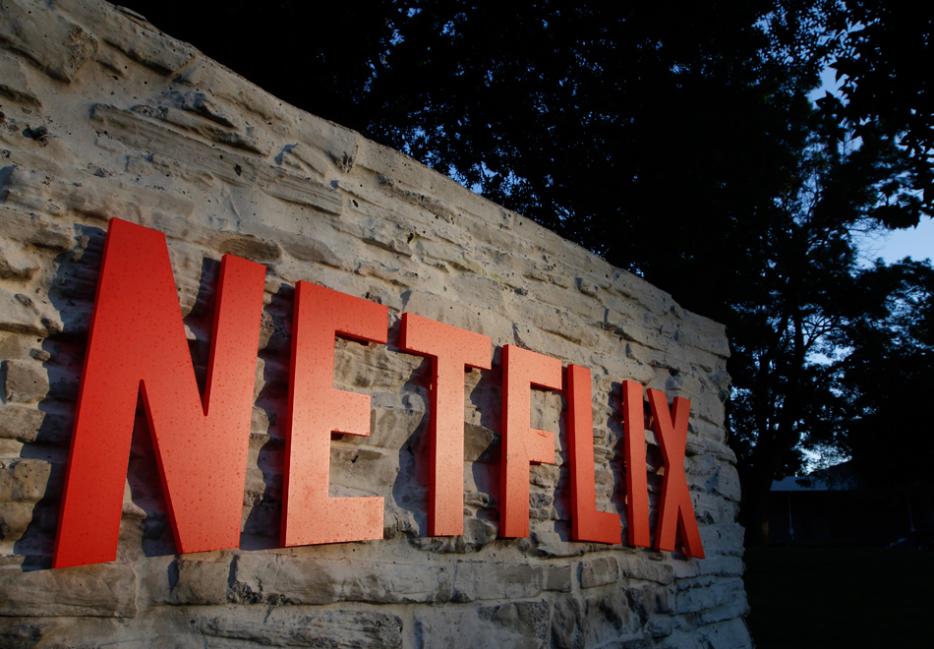Little-known fact: the CRTC does not make Canadian cultural policy. It is, rather, just one of the manifold agencies at all levels of government whose object is to keep Canadian actors, writers, directors, and the rest of the TV and film industry employed—at the explicit request of the people who actually do make cultural policy in this country, namely elected politicians.
This might seem like an obvious point, but based on last week's outrage over the CRTC daring to ask some pissy questions of Netflix's representatives, it's worth repeating. While the CRTC's members may deserve some kind of award for most mansplain-y interrogation by Canadian bureaucrats, dismissing the hearing's objectives as giving “free money [to Bell and Rogers] for being old” obscures more than it illuminates.
Canadians have, since the invention of the telegraph, worried about whether the enormous market to the south would overwhelm our ability to tell our own stories. We have expended huge sums because of this concern. (You may have heard of a little something called the CBC?) We have, in fact, even erected a massive policy edifice whose sole purpose is to create and sustain at least the capacity for Canadians to tell their own stories in film and television. (Books and magazines have their own subsidies, but they don't go through the CRTC.)
The Internet challenges the basic assumptions of our regulatory regime from both ends. Regulating consumption in the pre-Internet age was easy: you regulated the producers, and the consumers lapped up whatever was put in front of them. Which is why Bell, Rogers, and other broadcasters have inherited not just minimum broadcast rules requiring them to devote a percentage of their airtime to Canadian content, but substantial taxes-in-all-but-name that go towards funding film and TV production here.
Netflix poses a problem for the CRTC. On the one hand, since the 1990s, the CRTC has had a strict hands-off policy with the Internet, publicly promising not to muck about with something that was neither fish nor fowl, and, in any case, was too new for the government to start wading in. On the other, Netflix is arguably a broadcaster by the language of Canadian law. The CRTC doesn't make Canadian law (see above), but it is required to make policy in line with it.
So what to do? Netflix's novelty doesn't mean there isn't precedent for these kinds of things. HBO spent years in the Canadian regulatory wasteland, but these days you can actually join the minority north of the border that watches Game of Thrones legally. SiriusXM operates legally in Canada, despite posing a number of the same regulatory problems in principle that Netflix does. (The CRTC convinced Sirius to carry a bunch of CanCon-specific channels, including CBC, declared victory, and called it a day.)
You may not think Canada's cultural policies need preservation—and on odd-numbered days, I may agree with you—but Netflix isn't so foreign to our regulators that it would be impossible to put a harness on. As a technical matter, threatening to block Netflix rather than let it disrupt the regulatory status quo would be child's play: most of Netflix's customers will not, in fact, install VPNs to get around geoblocking imposed by their ISPs on government order.
But Netflix really, really wants to keep its Canadian customers. The service’s US customer base isn't growing at the exponential rates it once was, hence the entry this month into six European markets. Provided that the CRTC doesn't impose regulations that Netflix is simply incapable of meeting, there's no reason to think that Ottawa is actually going to sever your connection to Orange is the New Black.
There is, however, an important thing to remember through all of this: Netflix is not our friend. I don't mean that as a slam against the business—I am, in fact, a Netflix subscriber, and a very happy one at that. But I'm also a Windows user, and I'm under no illusions about what Microsoft is getting out of that relationship. Netflix's business model is to acquire back-catalogue content where it can, develop its own content where it can't, and stream said content to paying viewers. There's nothing malevolent about any of that, but we're too quick to mistake convenience for affection.
Netflix doesn't make the shows it does for our enjoyment: it makes OITNB and House of Cards because that's how it keeps licensing costs stable. The fact that they've also given the company some credibility as a distributor is just a plus. Nothing about that deserves special sanction from the Canadian government, and nothing about that on its own means we should upend the entire system of Canadian media regulation.
But Netflix has its own card to play: it is, for now (and likely for the foreseeable future), the only online streaming TV service worth a damn. And unless the CRTC would rather people pirate all of the TV they watch (Netflix claims to have reduced pirated TV by 50 percent since it launched), it’s unlikely to impose any kind of requirements that would drive the company from our shores entirely.
It isn't the kind of neat, technocratic solution that someone in the Ministry of Industry would prefer. Nor is it the absolutist, they-can-take-my-Netflix-from-my-cold-dead-hands declaration others would like. It is, gasp, democratic policymaking in the 21st century. (Think “Duck Dodgers in the 24th and a half century,” but much worse.)
All that being said, it's 2014, and FM radio is already something most teens couldn't find with both hands and written instructions—and why would they want to? If Netflix sparks a serious rethink of Canada's regulatory regime, that may not be a bad thing. But that's not the CRTC's job, and it's not Netflix's job, either—that choice remains up to voters and their MPs.






